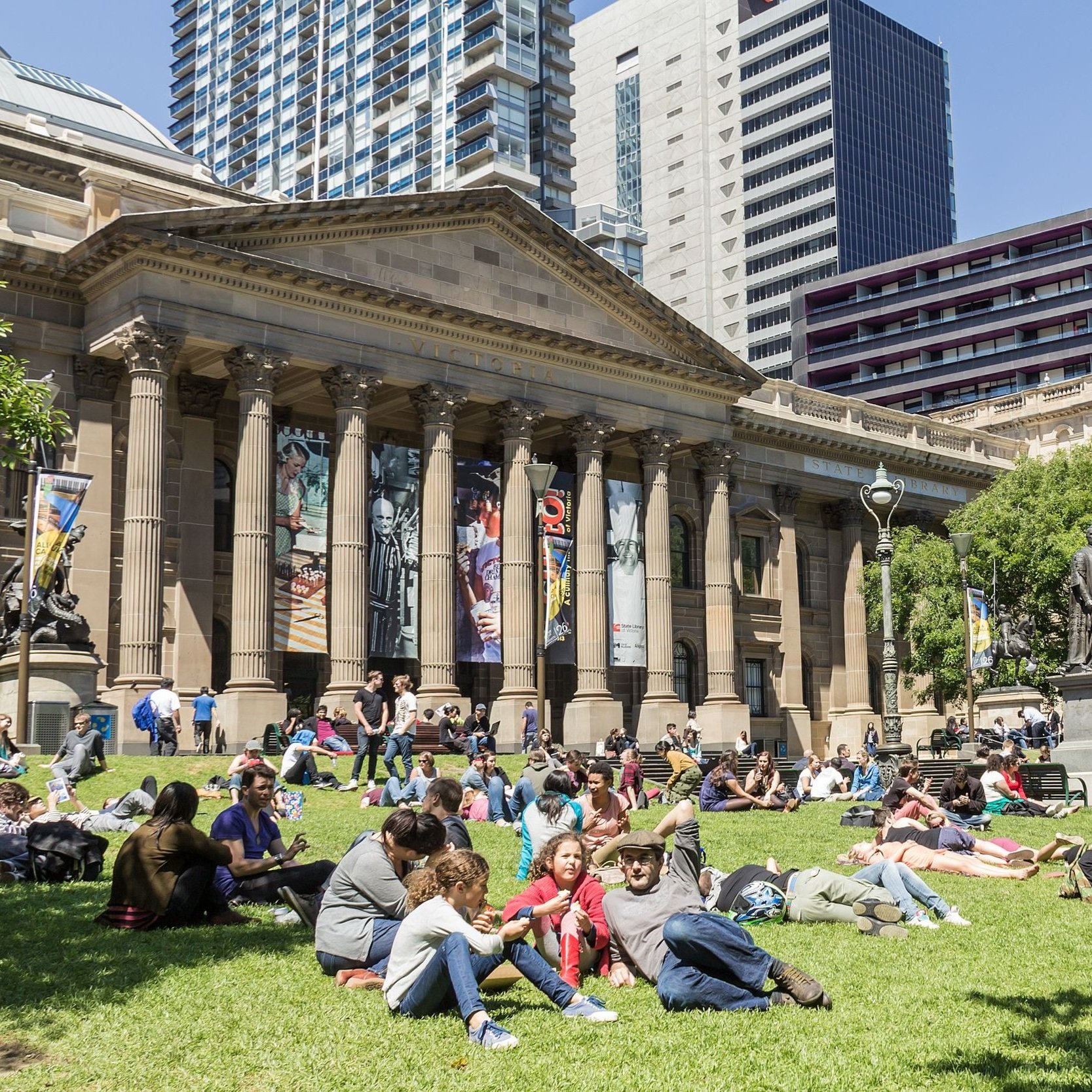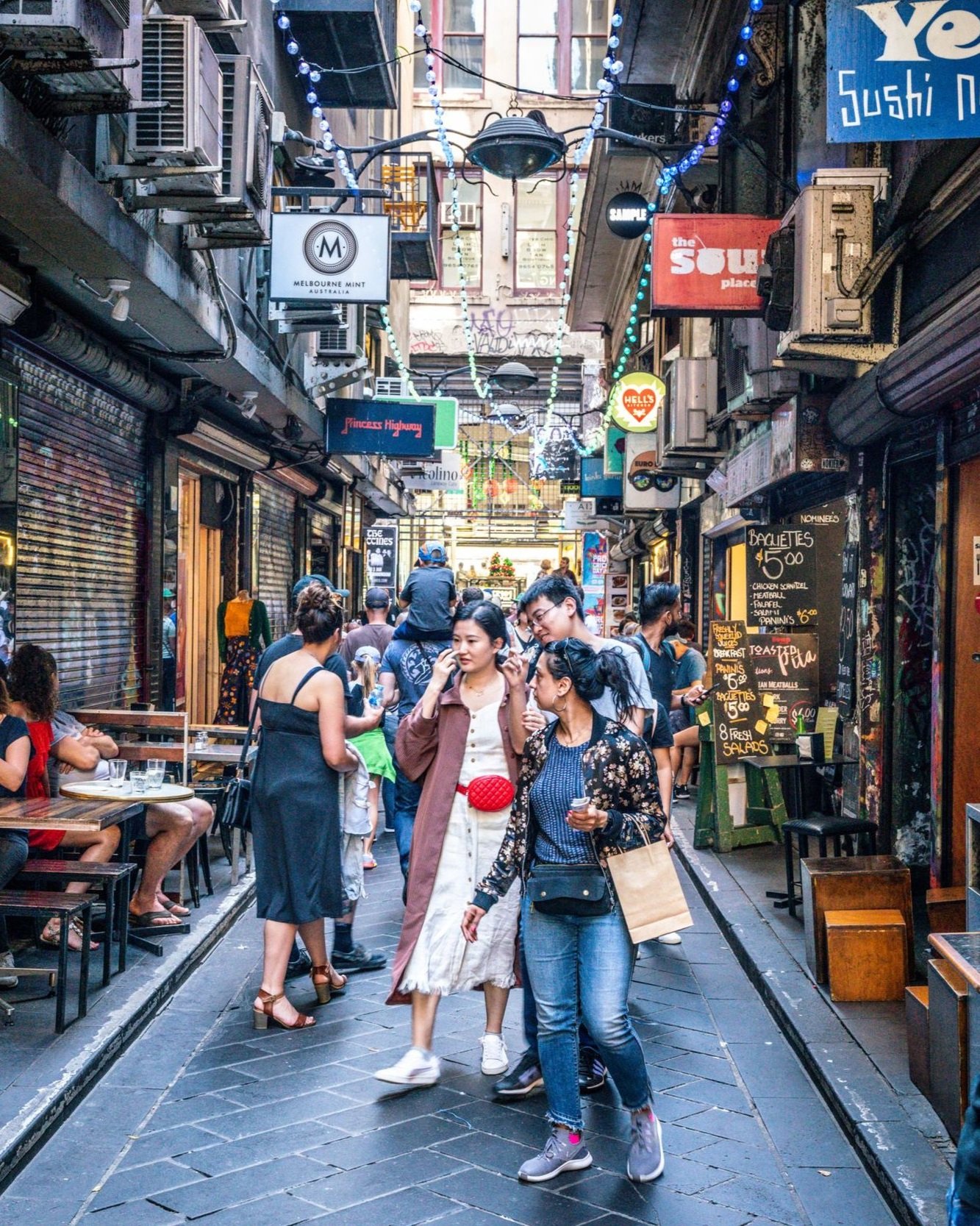Why early intervention is the missing piece in urban community engagement
Penrith resident Belinda is one of the many city-dwelling Australians who have never been involved in a conversation with their state government, council or a developer about urban change in their community.
In a study of 360 people in high-growth urban communities, independent urban change specialist Studio THI found that only 17% of people had participated in any community engagement about the future of their city.
The study also revealed that Belinda is one of 56% of the people surveyed who didn’t know there was substantial urban transformation planned for their community.
Mission-critical: The need for urban change literacy
Studio THI CEO Jennifer Michelmore says that with rapid population growth in Australia’s major cities inevitable, there needs to be a step-change process in community engagement to build trust and lead to better decisions and urban outcomes.
“As a sector, we need to think about a different starting point in our community engagement and we need to focus on engaging with communities that are going to experience high levels of change,” Jennifer says. “We need to shift focus from project-specific engagement to more general awareness about urban transformation.”
“If the community isn’t even aware of substantial change in their area, haven’t had any communication around the change, or don’t know what to expect from that change, it puts a big hurdle in the way of support for that change.”
What is urban change literacy?
Urban change literacy refers to a community's awareness and understanding of the urban ecosystem and their ability to participate in an urban transition process as informed and future-conscious citizens.
It has three main purposes:
Create awareness and knowledge of how the urban environment shapes lifestyle, culture and sustainability.
Increase desire to address the challenges and understanding about potential solutions
Increase people's ability to participate as informed citizens and lead urban futures.
Jennifer says the current practice around community engagement and growth is not enough to lead the substantial urban transformation of our cities, especially in established communities.
“I think practitioners are doing a great job with the engagement and consultations they are running, but it's not adequately preparing our communities for the extent of changes to come, or building their capacity to genuinely contribute to shaping the future transformations of our cities,” she says.
“We need communities to have a greater depth of general understanding about the who, what, why and how of the urban change process, before we ask for their input on specific development schemes or housing diversity and density targets in local area plans.”
“We need to reframe our engagement approaches to include earlier interaction points with communities that focus on building their urban change literacy. These approaches also need to hear from a representative voice of the community, not just those that turn up to public information and consultation season.”
Urban Readiness Index
The first step in building urban change literacy is measuring what communities know and how they feel and think about urban change. The Urban Readiness Index is a research and engagement tool to understand the urban change awareness and knowledge of a community through a representative sample.
It supports organisations to gain a whole-of-community perspective on how prepared communities are to respond to and engage with urban change. It identifies a group’s capacity for successful change, highlighting specific literacy strengths and gaps, along with a snapshot of how much trust they have in the system to manage change well.
The insights inform the development of strategies to build the literacy of communities that integrate with an organisation's broader planning processes.


